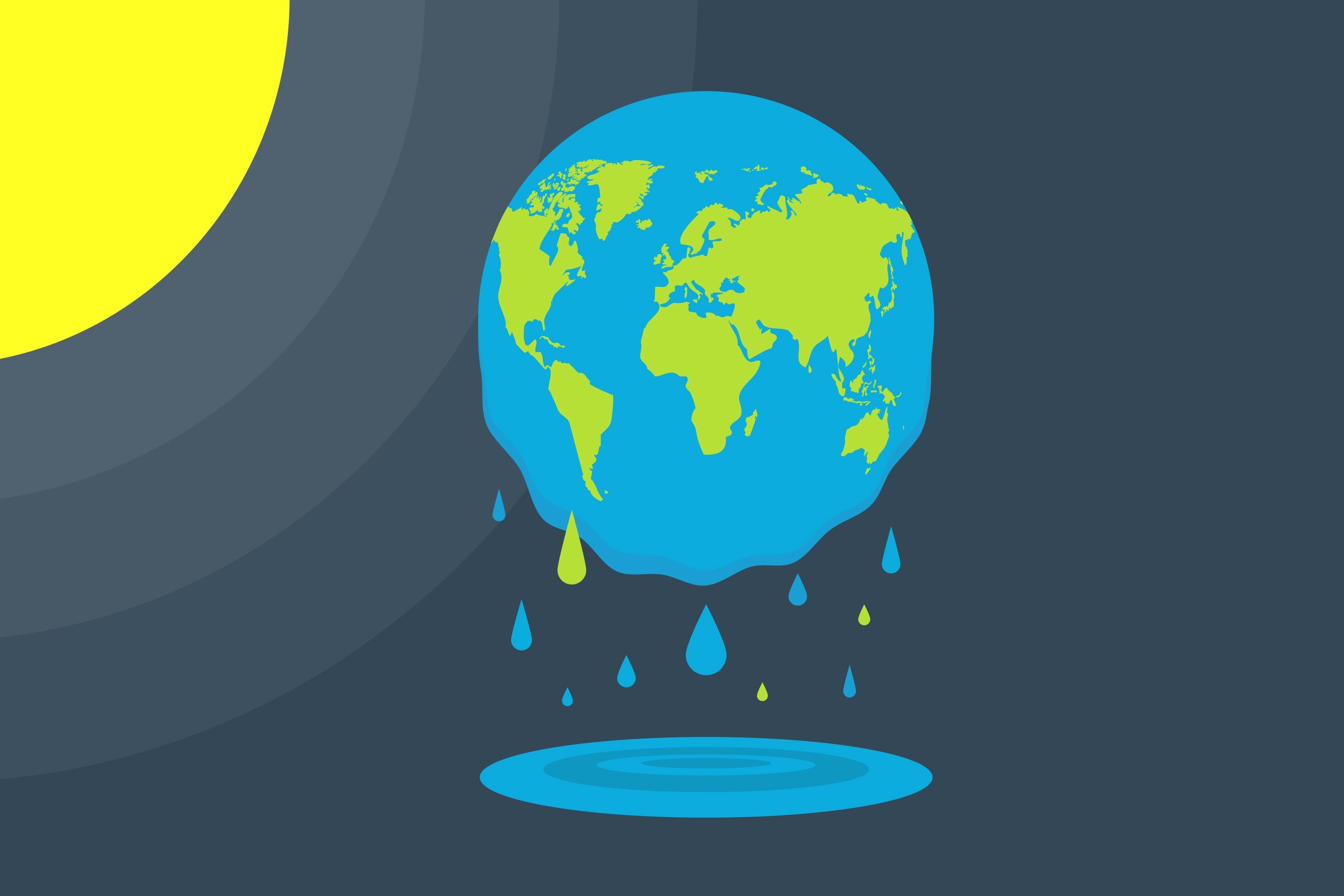

Climate change refers to long-term shifts in global weather patterns, primarily caused by human activities such as the burning of fossil fuels, deforestation, and industrial processes that release greenhouse gases into the atmosphere. These gases, including carbon dioxide (CO2), methane (CH4), and nitrous oxide (N2O), trap heat from the sun within the Earth's atmosphere, leading to a gradual increase in global temperatures. The consequences of climate change are wide-ranging and profound. They include rising sea levels due to the melting of polar ice caps and glaciers, more frequent and severe weather events like hurricanes, heatwaves, and droughts, as well as disruptions to ecosystems and biodiversity.
The impact of climate change is evident across the planet, with consequences ranging from environmental degradation to socio-economic challenges. Shifts in weather patterns and rising temperatures threaten food security, water resources, and human health. Coastal communities face increased risks from flooding and erosion, while vulnerable populations, including low-income communities and indigenous peoples, are disproportionately affected by the impacts of climate change. Urgent action is required to mitigate the effects of climate change and transition to a sustainable future, including reducing greenhouse gas emissions, investing in renewable energy sources, and implementing adaptation measures to build resilience to changing environmental conditions.